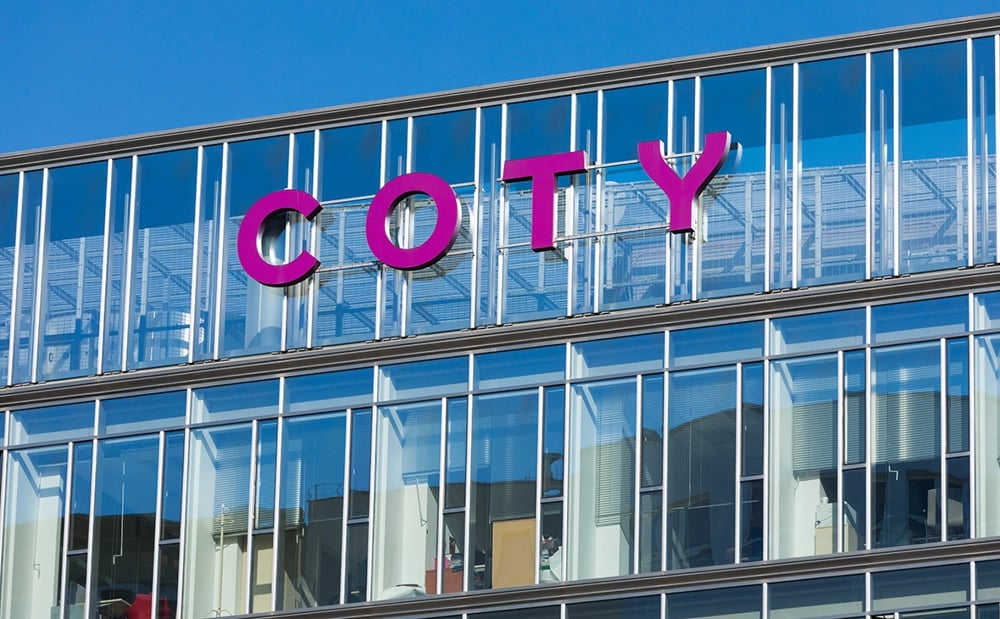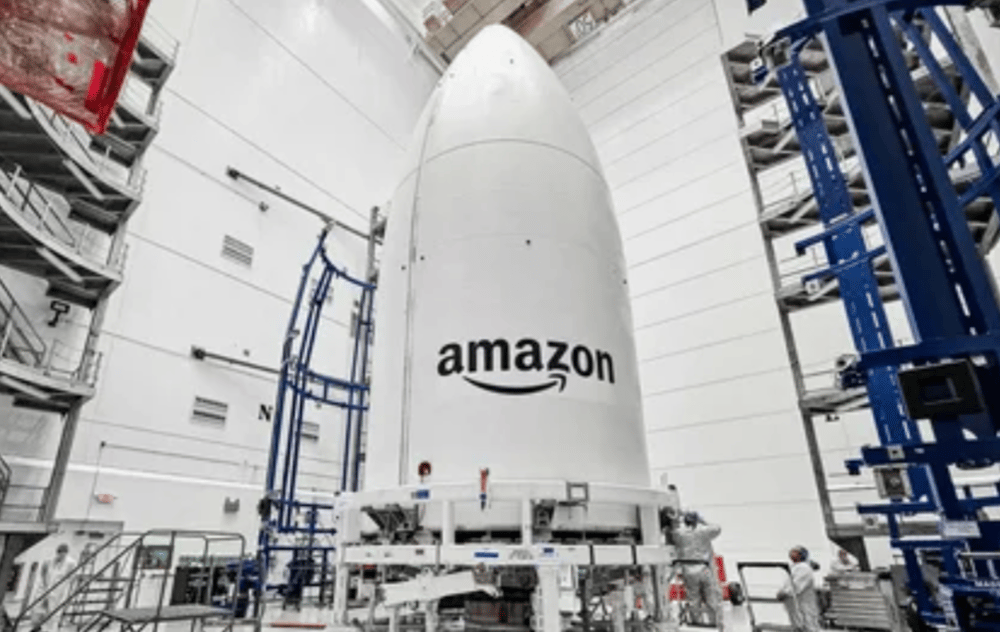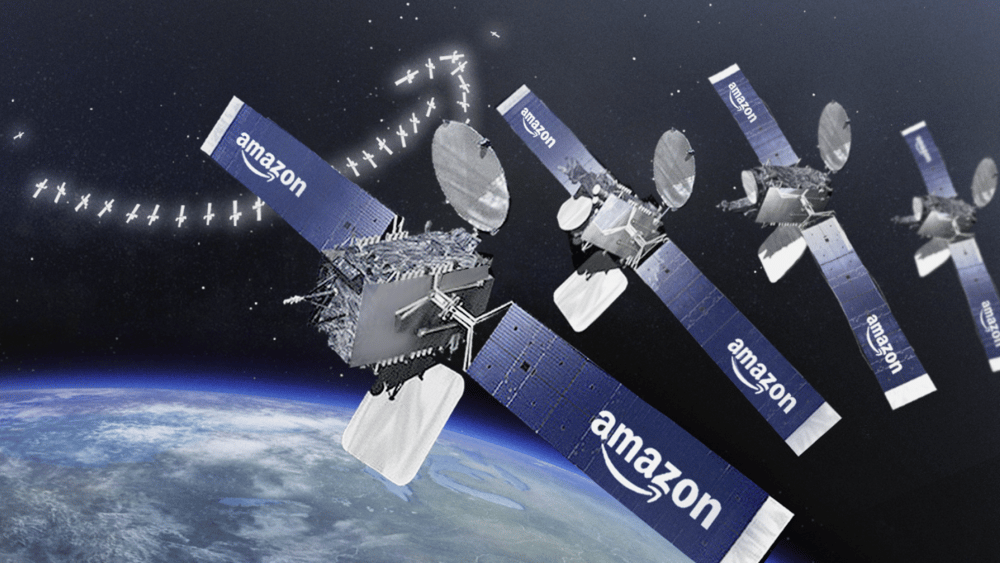The aviation sector is poised for a technological revolution as Airbus announces a partnership with tech giant Amazon, aiming to offer airline carriers enhanced connectivity through the Kuiper satellite constellation. This ambitious initiative could become a pivotal milestone for the industry, delivering unprecedented connection levels aboard aircraft. The program was unveiled at the Aircraft Interiors Expo in Hamburg.
Understanding Kuiper Project
The Kuiper Project is Amazon's ambitious plan to deploy a network of satellites in low Earth orbit (LEO). This constellation comprises 3,236 satellites designed to provide high-speed internet globally, including remote regions. The primary goal is to bridge the internet accessibility gap between densely populated areas and remote locations.
For the aviation industry, Kuiper presents a unique opportunity. Instead of relying on conventional technology, often costly and offering limited bandwidth, LEO satellites provide stable, high-speed connectivity even at cruising altitudes and in densely trafficked airspace.
Airbus's High Bandwidth Connectivity Plus Program
Airbus leverages its High Bandwidth Connectivity Plus (HBC+) initiative to anchor this new partnership. This program integrates cutting-edge satellite communication technologies aboard aircraft, providing ultimate convenience for passengers and crew alike. According to Airbus, HBC+ allows substantial improvement in connectivity quality at high speeds, essential in today's digital society.
Objectives and Benefits of the Partnership
The alliance between Airbus and Amazon creates a promising ecosystem, offering vital benefits such as:
- In-flight Internet Accessibility
Utilizing the Kuiper satellite network ensures passengers remain connected in the air as effectively as they do on the ground, relevant for both regular users and business clients.
- Economic Efficiency
LEO technology drastically reduces the cost of onboard internet services compared to traditional satellites, making network access more advantageous for airlines.
- Integration of Innovations
The partnership solidifies Airbus's position as a technological leader, incorporating state-of-the-art solutions within its sector.
Key Advantages for the Industry and Passengers
The new technologies promise to enhance both operational activities for airlines and the overall passenger experience. The benefits are laid out as follows:
1. Improved Internet Services
LEO network offers minimal signal delay, enhancing the quality of video conferencing, streaming, and other online services onboard.
2. Cost Reduction for Airlines
Aviation operators can optimize their expenses due to the use of more accessible and scalable technology.
3. Appeal to Business Passengers
High-speed internet opens new possibilities for business clients during long flights.
4. A step toward sustainability and innovation
Satellite communication helps reduce reliance on ground infrastructure, providing scalable and flexible internet access.
Impact on the Aviation Market
The collaboration between Airbus and Amazon can be viewed as a signal for transformative changes within the aviation sector. The introduction of Kuiper technology could affect several key market parameters:
- Competitive Edge for Airlines. Companies adopting this type of connectivity early will likely improve their reputation and attract new clients.
- Growth in Demand for Aviation Services. High-speed onboard connectivity increases the attractiveness of air travel, especially for passengers accustomed to working or relaxing online.
- Acceleration of Aviation Digitalization. Access to fast and stable networks creates the groundwork for integrating more complex digital services in air transportation.
Forecasts and Prospects
Airbus and Amazon's plans align with global trends as demand for onboard internet services continues to rise, highlighting the need for quality and affordable solutions. The industry anticipates a swift implementation of the LEO network in the coming years, thanks to the large-scale deployment of Kuiper satellites.
For Amazon, the Kuiper project is an opportunity to bolster its position in the tech sector beyond traditional e-commerce. Meanwhile, Airbus can leverage the partnership to expand its services and attract new customers.
The impact of this collaboration on the aviation market promises to be substantial, making air travel more convenient and technologically advanced, a pressing demand in today's world.








😉
I think this move has the potential to completely redefine what automation will look like as the tech ecosystem continues to evolve.